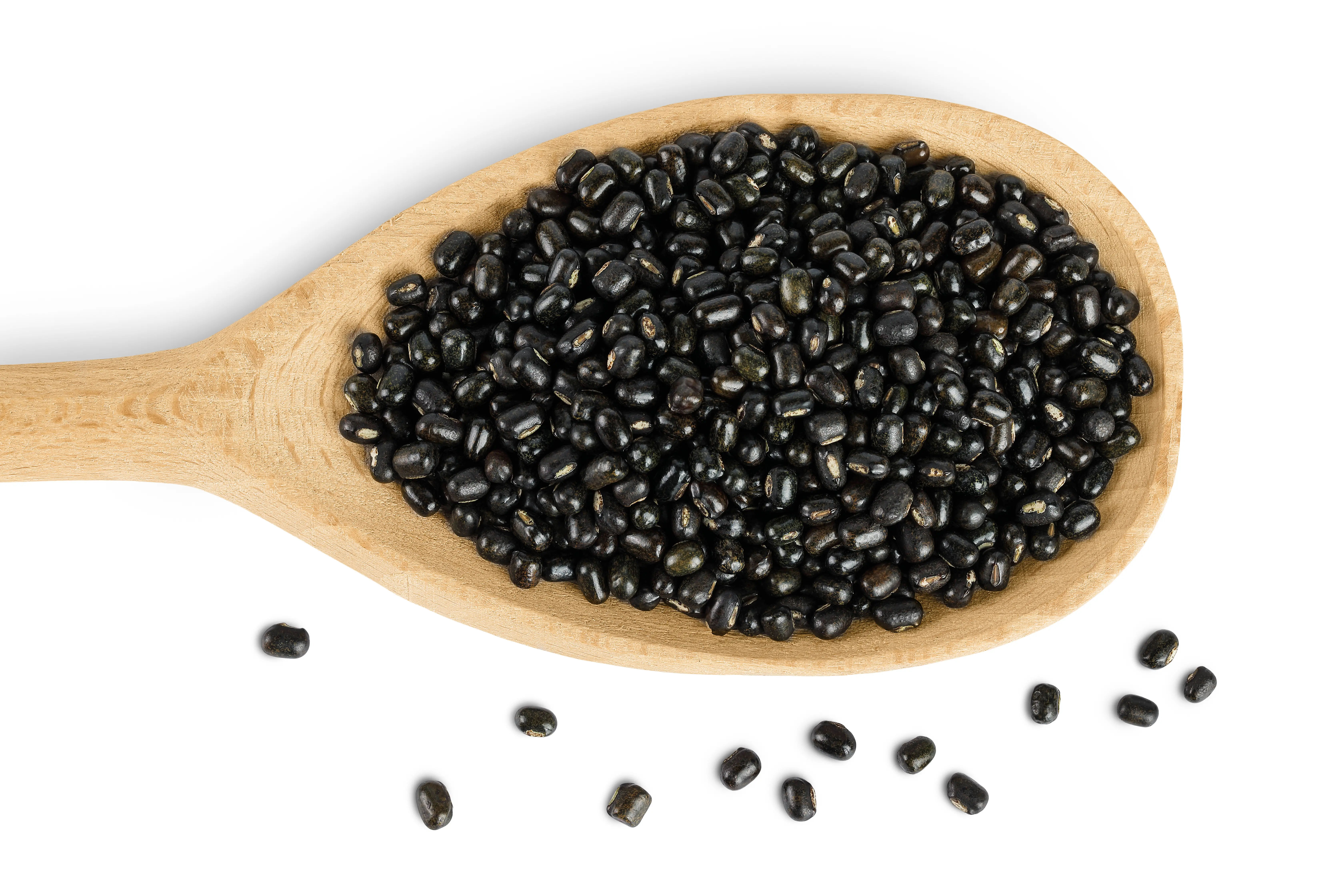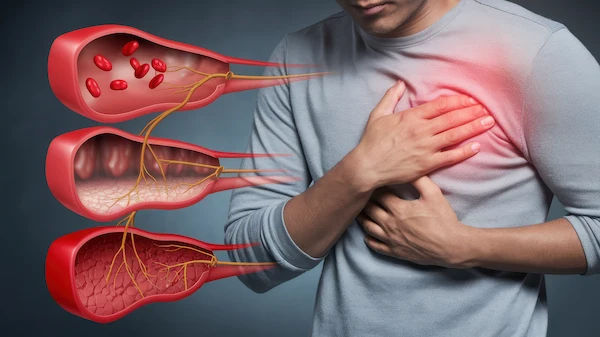What Leads to Signs of Gastric Problem Treatment
Understand the common signs of gastric problems, their causes, and effective treatment options. Learn how to manage gastric issues with lifestyle changes and medical care.

Written by Dr. Rohinipriyanka Pondugula
Reviewed by Dr. D Bhanu Prakash MBBS, AFIH, Advanced certificate in critical care medicine, Fellowship in critical care medicine
Last updated on 13th Jan, 2026

That uncomfortable feeling of bloating, heartburn, and stomach pain is all too common. Often lumped under the umbrella term "gastric problems," these issues can range from occasional indigestion to chronic conditions that significantly impact your quality of life. But what exactly leads to these problems, and more importantly, what does effective treatment look like? This comprehensive guide will demystify gastric issues, exploring their root causes, the signs you shouldn't ignore, and a multi-faceted approach to finding lasting relief. We'll move beyond temporary fixes to help you understand your body and build a sustainable plan for better digestive health.
What Leads to Gastric Problems: The Root Causes
Gastric issues rarely have a single cause. They are typically the result of a complex interplay between lifestyle, diet, underlying health conditions, and even psychology.
Dietary Triggers and Eating Habits
What you eat and how you eat it is a primary catalyst.
Foods: Spicy, oily, and acidic foods can irritate the stomach lining. Carbonated drinks cause bloating. Common food intolerances, like lactose or gluten, can trigger significant distress.
Habits: Overeating, eating too quickly (swallowing air), and late-night meals right before lying down are major contributors to acid reflux and indigestion.
Lifestyle Factors
Modern living takes a toll on our digestive system.
Chronic Stress and Anxiety: The gut-brain axis is powerful. Stress hormones can slow down digestion, increase stomach acid production, and make the gut more sensitive to pain.
Lack of Physical Activity: A sedentary lifestyle slows intestinal motility, leading to constipation and bloating.
Smoking and Alcohol: Smoking weakens the lower esophageal sphincter (LES), allowing acid to reflux. Alcohol irritates the stomach lining and increases acid production.
Medical Conditions and Medications
Sometimes, symptoms point to a specific medical issue.
Helicobacter Pylori (H. pylori) Infection: This common bacterium is a leading cause of peptic ulcers and chronic gastritis.
GERD: A chronic condition where stomach acid frequently flows back into the esophagus.
Medications: Non-Steroidal Anti-Inflammatory Drugs (NSAIDs) like ibuprofen and aspirin are notorious for causing stomach irritation and ulcers. Certain antibiotics can disrupt gut flora.
Consult a Top Gastroenterologist
Recognizing the Signs: When to Seek Help
It's crucial to distinguish between occasional discomfort and symptoms that warrant a doctor's visit.
Common Symptoms
Persistent bloating and abdominal distension
Heartburn or a burning sensation in the chest (acid reflux)
Stomach pain, cramps, or a gnawing feeling
Nausea and occasional vomiting
Excessive gas (flatulence or belching)
Loss of appetite or feeling full quickly
Red-Flag Symptoms (Seek Immediate Medical Attention)
Unintentional weight loss
Difficulty swallowing (dysphagia)
Persistent vomiting or vomiting blood
Black, tarry stools (indicating digested blood)
Severe, unrelenting abdominal pain
Anemia symptoms (pale skin, fatigue)
These alarming gastric symptoms could indicate a more serious condition like a bleeding ulcer, pancreatitis, or even cancer, and require immediate professional evaluation.
A Comprehensive Approach to Gastric Problem Treatment
Effective treatment for chronic stomach issues is rarely a one-pill solution. It involves a holistic strategy targeting the root causes.
Diagnostic Steps: Finding the Underlying Cause
Before treatment, proper diagnosis is key. Your doctor may recommend:
Medical History and Symptom Diary: Tracking your food, stress, and symptoms.
Tests for H. pylori: Breath, blood, or stool tests.
Endoscopy: A camera is used to view the esophagus, stomach, and duodenum, often with a biopsy.
Imaging Tests: Ultrasound or CT scan to rule out other issues.
Medical Treatments and Medications
Based on the diagnosis, doctors may prescribe:
Antacids: For quick, short-term relief by neutralizing stomach acid (e.g., Tums, Rolaids).
H2 Receptor Blockers: Reduce acid production (e.g., ranitidine, famotidine).
Proton Pump Inhibitors (PPIs): Stronger acid reducers for healing esophagitis and ulcers (e.g., omeprazole, pantoprazole).
Prokinetics: Help strengthen the LES and speed up stomach emptying.
Antibiotics: To eradicate an H. pylori infection.
Dietary Modifications for Long-Term Relief
This is the cornerstone of managing gastric problems naturally.
Identify and Eliminate Triggers: Keep a food diary to pinpoint culprits.
Adopt a Gut-Friendly Diet: Embrace high-fiber foods, lean proteins, and probiotics (yogurt, kefir, kimchi).
Practice Mindful Eating: Eat smaller, more frequent meals. Chew thoroughly. Avoid lying down for 2-3 hours after eating.
Lifestyle and Home Remedies
Simple changes can yield profound results.
Stress Management: Incorporate yoga, meditation, deep breathing exercises, or regular walks into your routine.
Weight Management: Excess weight, especially around the abdomen, puts pressure on the stomach and can cause reflux.
Elevate the Head of Your Bed: For those with GERD, this uses gravity to prevent nighttime acid reflux.
Stay Hydrated: Drink plenty of water throughout the day, but avoid large amounts during meals.
Preventing Gastric Problems: A Proactive Strategy
Prevention is always better than cure. Building healthy habits can keep symptoms at bay.
Maintain a consistent eating schedule.
Incorporate regular moderate exercise.
Prioritize sleep and stress reduction.
Limit NSAID use; consult your doctor for alternatives.
Avoid known personal food triggers.
Conclusion
Navigating gastric problems can be frustrating, but it's important to remember that you are not powerless. Effective treatment for gastric issues is within reach by understanding the "why" behind your symptoms. By moving beyond temporary antacids and embracing a comprehensive approach, partnering with your doctor for an accurate diagnosis, making intentional dietary choices, managing stress, and adopting healthier lifestyle habits, you can calm the storm in your stomach. This journey is about more than just finding relief; it's about building a sustainable foundation for long-term digestive health and overall well-being. Start with one small change today, and listen to what your body is telling you.
Consult a Top Gastroenterologist
Consult a Top Gastroenterologist

Dr. Jatin Yegurla
Gastroenterology/gi Medicine Specialist
11 Years • MD (PGI), DM (AIIMS Delhi), FAGIE (AIIMS Delhi), ESEGH (UK), Gold Medalist
Hyderabad
Apollo Hospitals Jubilee Hills, Hyderabad
(650+ Patients)

Dr. Chethan T L
General Physician/ Internal Medicine Specialist
5 Years • MBBS, MD, DNB (General Medicine)
Bengaluru
Apollo Medical Center, Marathahalli, Bengaluru

Dr. Nikhil Patil
Gastroenterology/gi Medicine Specialist
10 Years • MBBS
Bengaluru
Apollo Medical Center, Marathahalli, Bengaluru

Dr Bhargav Vuppumalla
General Physician/ Internal Medicine Specialist
5 Years • MBBS MD GENERAL MEDICINE
Bengaluru
Apollo Medical Center, Marathahalli, Bengaluru

Dr Sravani Kuppam
General Physician/ Internal Medicine Specialist
12 Years • MBBS DNB General Medicine, CCDM (Diabetes)
Bengaluru
Apollo Medical Center, Marathahalli, Bengaluru




